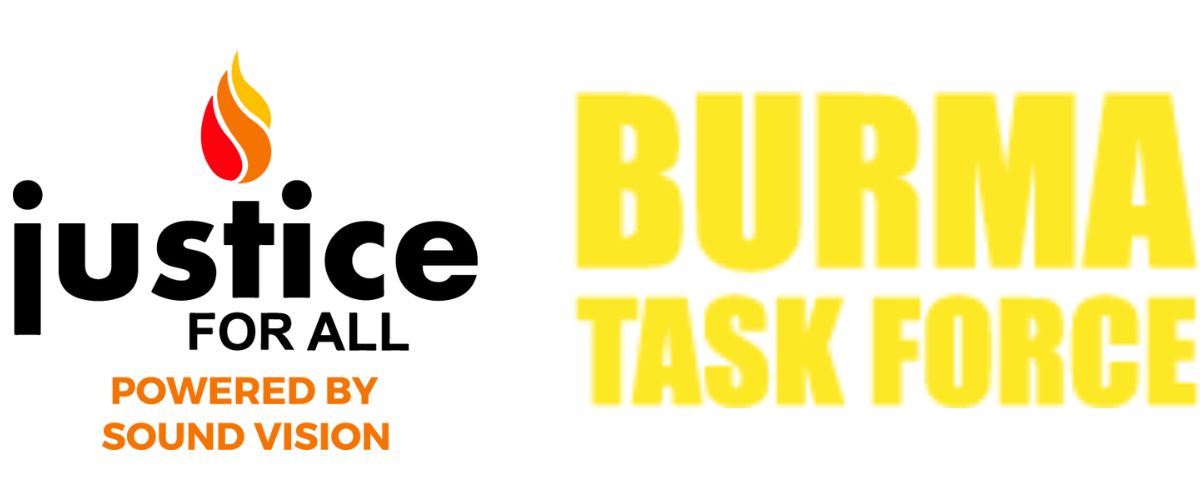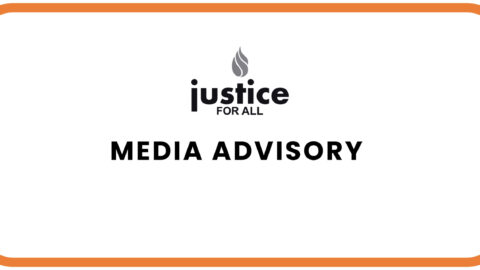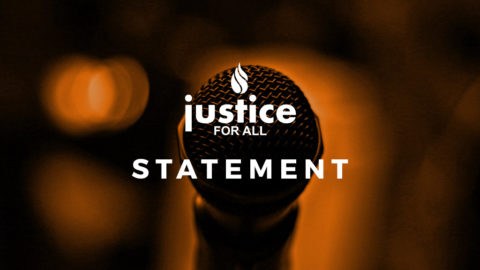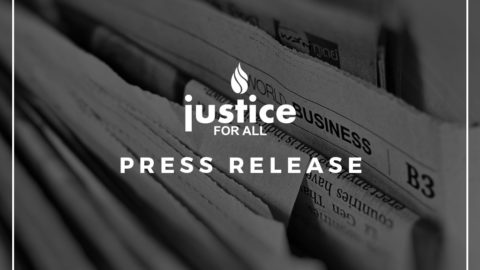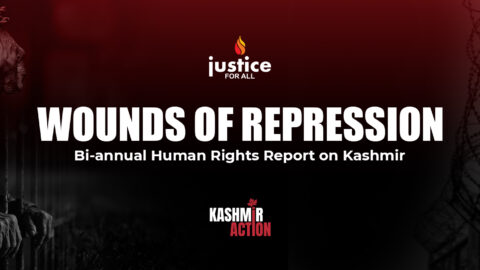On Sunday, 5 August 2019, the Government of India revoked the special status of the territory of Jammu and Kashmir. With rights enshrined in what was known as Article 370 of the Constitution of India, Jammu and Kashmir was guaranteed a high level of autonomy over its future. While still hotly contested between India and Pakistan since the early 1950s, Kashmir still employed a strong sense of identity and self-rule. This came to an end on 5 August, when both houses of the Indian Parliament dissolved Article 370 and allowed the Indian President the authority to place the territory on lockdown as Indian soldiers were moved in to extend the power and influence of India there. This move was widely condemned by world leaders, seeing it as breach of Kashmir’s constitutional right to self-determination, and employing a form of modern-day settler colonialism.
Justice for All mounted a rapid response to this news, quickly forming a new campaign to advocate for the people of Kashmir: Free Kashmir. The first major act of the Free Kashmir campaign was to organize a series of protests in front of various Indian government buildings across the United States on Tuesday, 7 August. In doing this, Free Kashmir began working with a like-minded organization, Stand with Kashmir.
Most recently, Free Kashmir launched a petition to condemn the decision of the Gates Foundation, Microsoft founder Bill Gates’s humanitarian organization, to award Indian Prime Minister Narendra Modi for humanitarian work in his country. The petition amassed more than 100,000 signatures within one week and was delivered to the Gates Foundation headquarters in Seattle, Washington in a 2,200-page collection. The award coincided with Modi’s speech at the United Nations General Assembly in New York in late-September, where Free Kashmir and allies planned a counter-rally, among other events for the week of the UNGA, to protest his presence there.
Free Kashmir, a project of the human rights organization Justice for All, will continue to advocate for the people of Kashmir. The campaigns long-term goals include the call for self-determination of the people of Kashmir, the end of the Indian military’s occupation of the territory, and a greater awareness among the American people of the issues facing Kashmir.
Recent Updates
